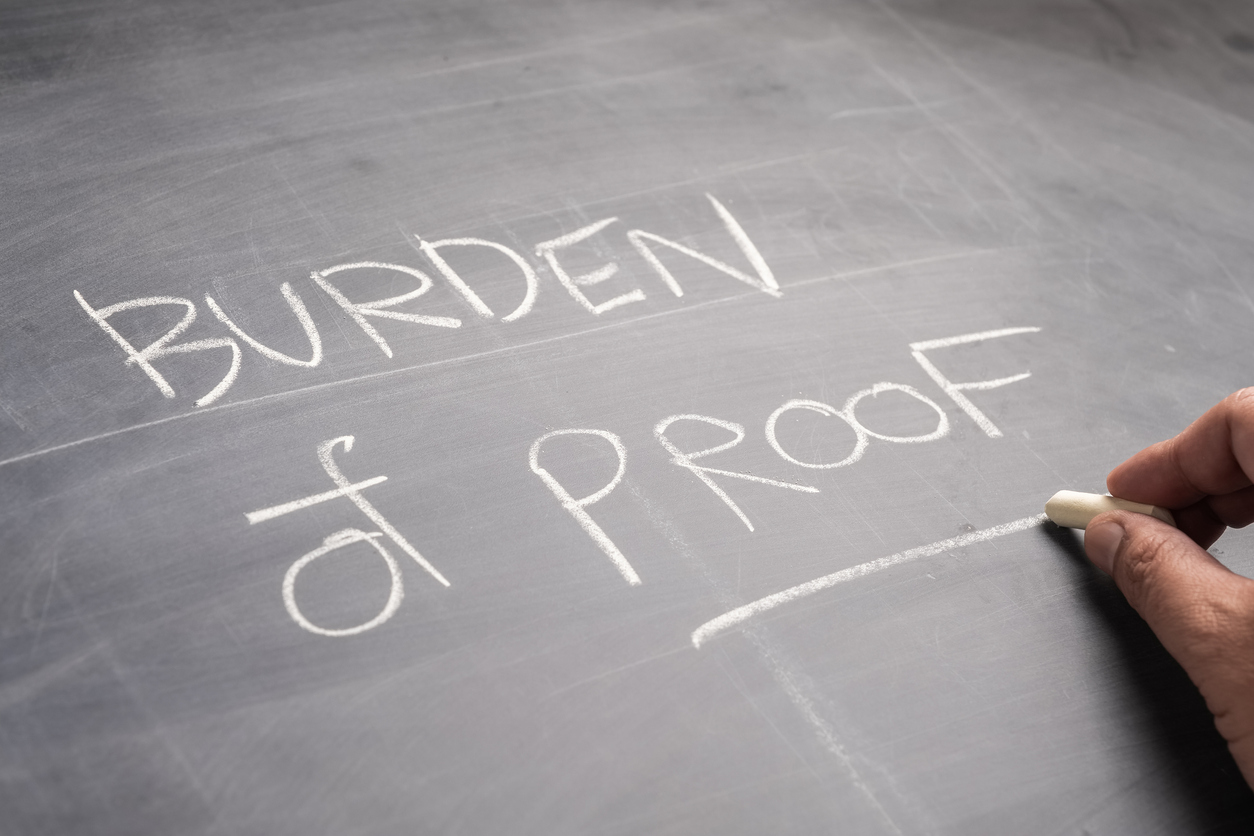When a home or business is damaged by a covered peril (windstorm, fire, hail, etc.), the insured typically makes a claim with its insurance carrier. The insurance carrier then sends either an insurance adjuster or an independent adjuster to estimate the damage and issues a check to the insured. From this common scenario, it would be logical to conclude that the insurance carrier has the burden of showing what is and is not covered under the insurance policy. However, this is not the case in Texas.
A recent case in Texas, David Lewis Builders, Inc. v. Mid-Continent Cas. Co., No. 09-21, 2010 WL 1286544 (N.D. Tex. April 1, 2010), illustrates the burdens of proof for insurance claims in Texas. In the opinion, the court stated that, “Texas law places the burden to prove the existence of insurance coverage under an insurance policy on the party claiming coverage.” In other words, for an insured to obtain coverage under the policy, the insured, not the insurer, must prove that certain damage is covered under the policy.
Assuming that the insured has sufficiently demonstrated that certain damage should be covered under the policy, what happens next? The Court in David Lewis Builders, Inc. elaborated further: “[a]n insurer has the burden to prove the applicability of a policy exclusion.” If the insurance carrier can show that an exclusion to the policy applies, “[t]he insured has the burden to prove the applicability of an exception to that exclusion.”
Texas courts have determined that there are three burdens of proof that the parties must bear with respect to an insurance claim:
- The insured must demonstrate that damage should be covered under the policy;
- The insurance company must show that an exclusion applies; and
- The insured must show that an exception to the exclusion applies.
If you are keeping count, the insured has two burdens of proof to bear, whereas the insurance company only has one. So the next time your insurance company sends one of its adjusters to estimate the damage to your home or business, it would be good to keep in mind the different burdens of proof each party must bear under Texas law.



